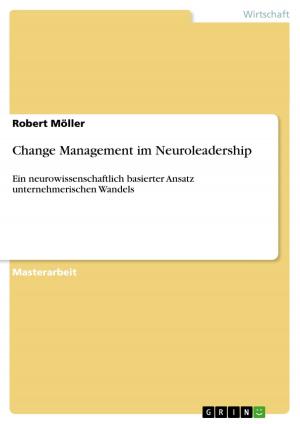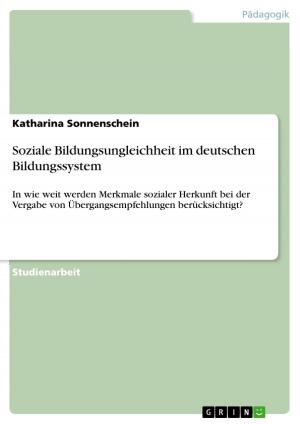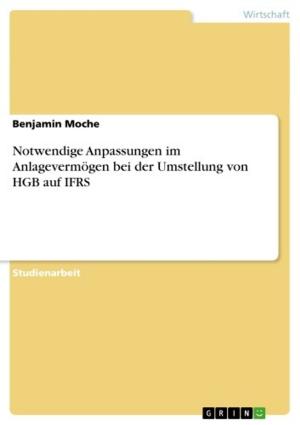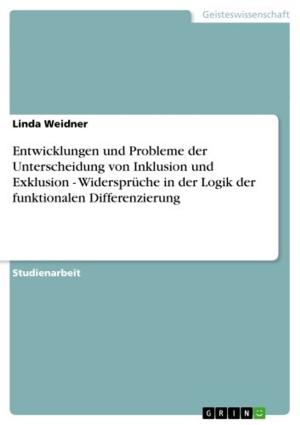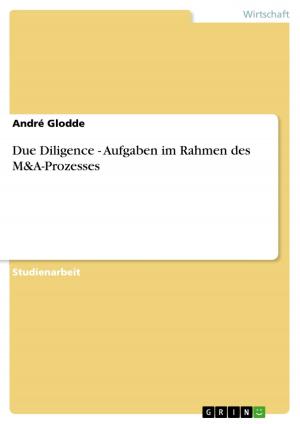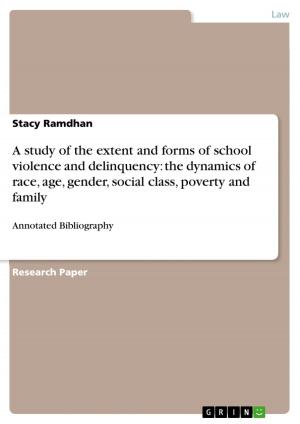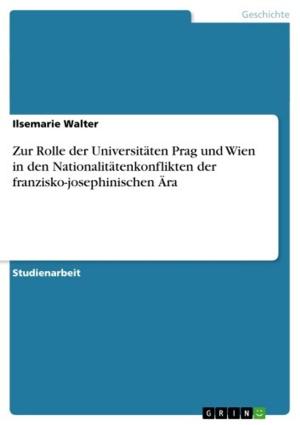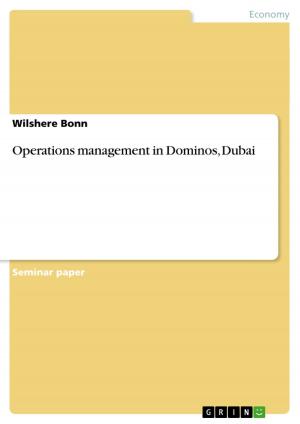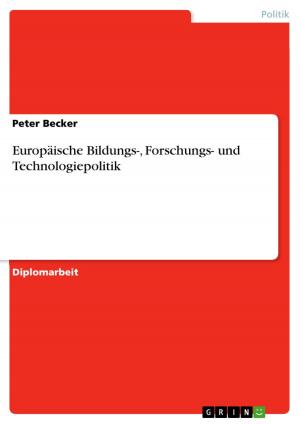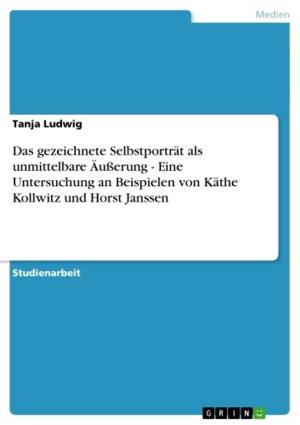Does the EU Promote More Autonomy in Post-Devolution Scotland?
Nonfiction, Social & Cultural Studies, Political Science| Author: | Annemarie Kunz | ISBN: | 9783656628170 |
| Publisher: | GRIN Verlag | Publication: | April 2, 2014 |
| Imprint: | GRIN Verlag | Language: | English |
| Author: | Annemarie Kunz |
| ISBN: | 9783656628170 |
| Publisher: | GRIN Verlag |
| Publication: | April 2, 2014 |
| Imprint: | GRIN Verlag |
| Language: | English |
Seminar paper from the year 2012 in the subject Politics - International Politics - Topic: European Union, grade: 1,0, Charles University in Prague, language: English, abstract: Scotland is a region in Western Europe with a strong identity and a long tradition of a regional autonomy movement. Since Scotland got its own government in 1999, which is still very dependent on the UK central government, and as the Scottish National Party (SNP) is currently the majority party in this government, independence became an important issue in Scottish politics. The SNP is committed to full constitutional independence of Scotland within the European Union. After 300 years of union, the Scottish are allowed to hold a referendum on their independence in 2014. However, only a third of the population is in favour of this. This paper starts with an explanation of the development of the Scottish independence movement, analyses devolution and the Scottish executive's ways of influencing European politics. It then goes on to examine EU regional policy 2007-2013 and assesses the impact of various factors influencing the demand for more autonomy.
Seminar paper from the year 2012 in the subject Politics - International Politics - Topic: European Union, grade: 1,0, Charles University in Prague, language: English, abstract: Scotland is a region in Western Europe with a strong identity and a long tradition of a regional autonomy movement. Since Scotland got its own government in 1999, which is still very dependent on the UK central government, and as the Scottish National Party (SNP) is currently the majority party in this government, independence became an important issue in Scottish politics. The SNP is committed to full constitutional independence of Scotland within the European Union. After 300 years of union, the Scottish are allowed to hold a referendum on their independence in 2014. However, only a third of the population is in favour of this. This paper starts with an explanation of the development of the Scottish independence movement, analyses devolution and the Scottish executive's ways of influencing European politics. It then goes on to examine EU regional policy 2007-2013 and assesses the impact of various factors influencing the demand for more autonomy.

